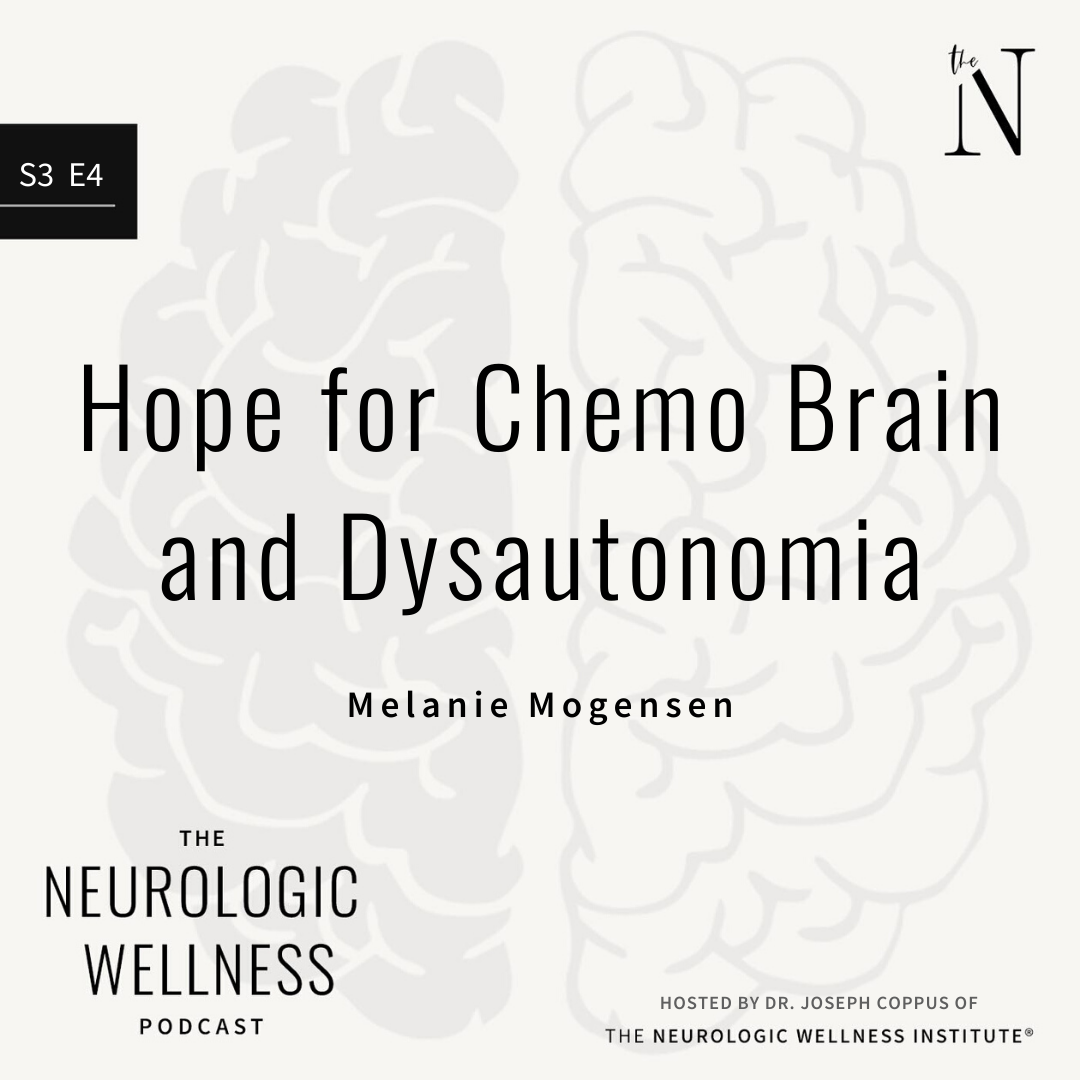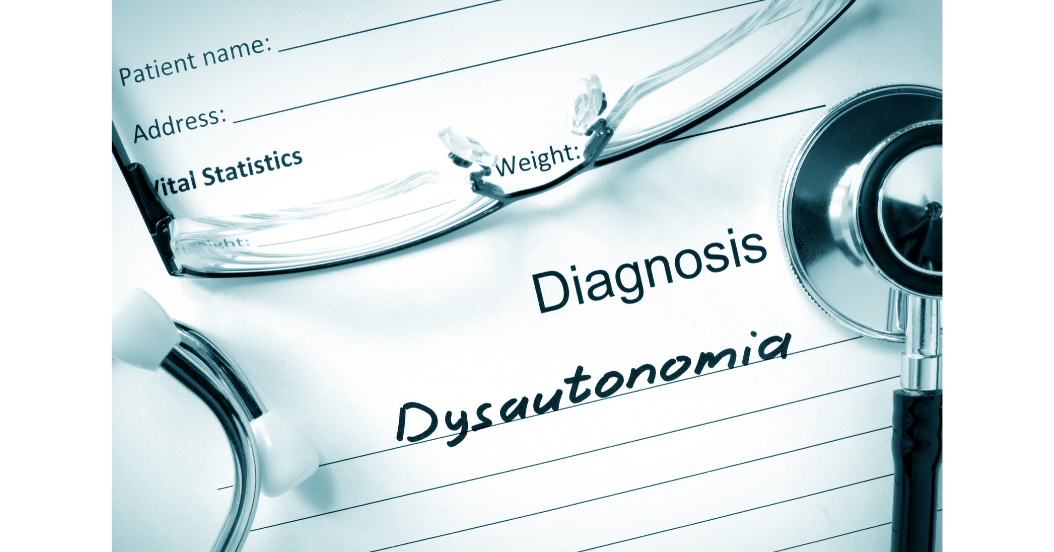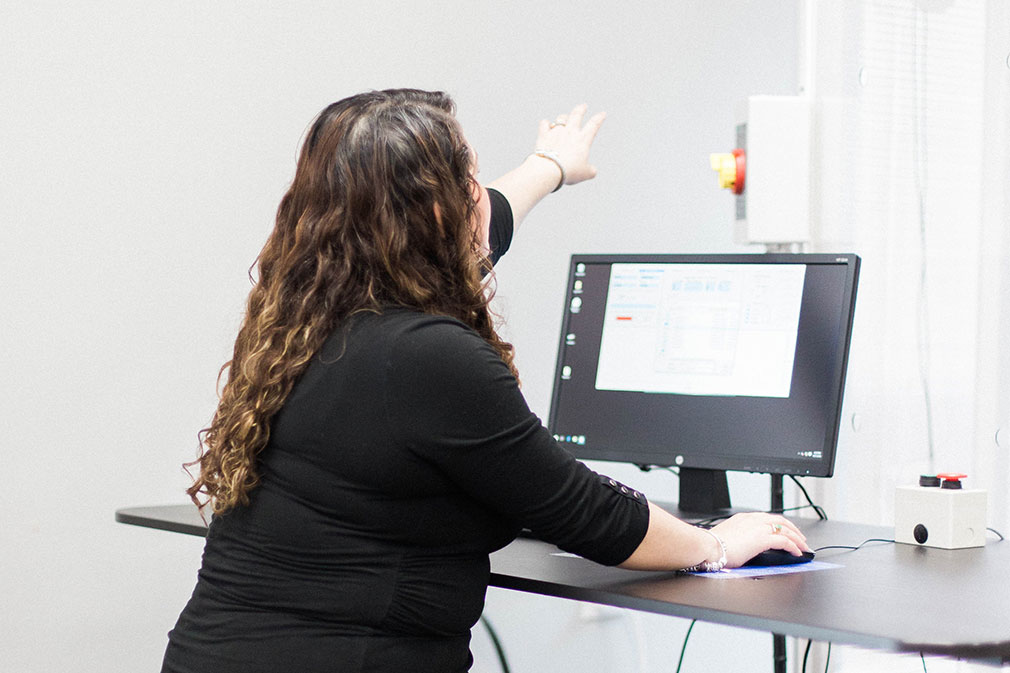Dysautonomia is an abnormal regulation of your autonomic nervous system.
Sound confusing? Put simply, it is when there is a problem with the part of the nervous system that controls blood pressure, heart rate, digestion, and temperature.

The autonomic nervous system is divided into the sympathetic and parasympathetic nervous system. Although the parasympathetic nervous system occasionally plays a role in dysautonomia, it is primarily the sympathetic branch (our fight or flight nervous system).
Simple enough?
Not really. It is a condition that can often be very debilitating depending on how severe the dysautonomia may be. It may even be severe enough to leave some individuals bedridden unable to move from a lying position to standing without a significant increase in symptoms such as increased heart rate or significant change in blood pressure.
What are the symptoms of dysautonomia?
Some of the most common symptoms of dysautonomia are found below. However, these symptoms can be vague and may be assumed to be caused by something other than a dysfunction of the autonomic nervous system leaving individuals with no relief and no answers.
- Lightheadedness
- Increased heart rate even when seated and calm
- Dizziness
- Fainting (especially with physical activity)
- Changes in vision with position change
- Weakness
- Nausea
- Problems with walking and balance
- Problems with urination, bowel movements, and even problems with the reproductive system
- Decrease or inability to sweat even with physical activity
Dysautonomia commonly occurs following a traumatic brain injury, toxin exposure, traumatic event, autoimmune conditions, etc. If you are experiencing a combination of these symptoms and just cannot get to the root cause, consider dysautonomia. Click on the link in our bio to read more about dysautonomia.
Reference:
Reichgott MJ. Clinical Evidence of Dysautonomia. In: Walker HK, Hall WD, Hurst JW, editors. Clinical Methods: The History, Physical, and Laboratory Examinations. 3rd edition. Boston: Butterworths; 1990. Chapter 76. Available from: https://www.ncbi.nlm.nih.gov/books/NBK400/




